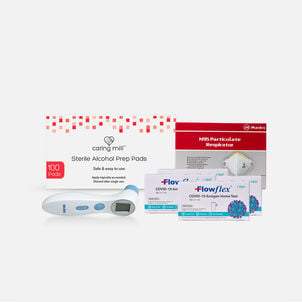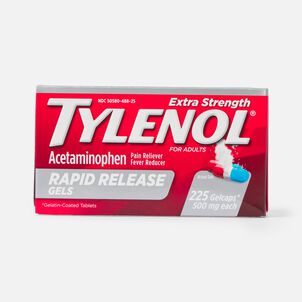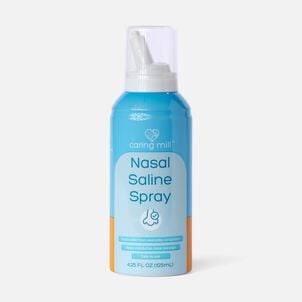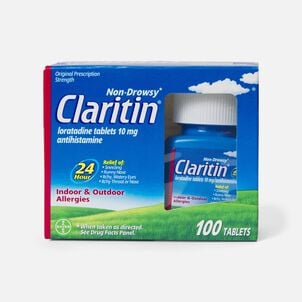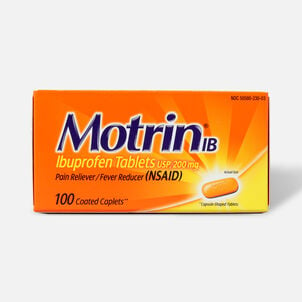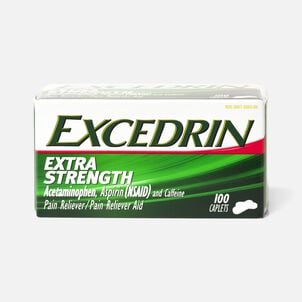Getting a flu shot with an FSA

Should I geta flu shot, and is aflu shot covered byan FSA? People often wonder about that. And, even thoughNational Influenza Vaccination Weekwas last week, there's still time to get a flu shot. Each year,National Influenza Vaccination Weekhighlights how important it is to continue gettingfluvaccinations for every member of your family.
The U.S. Centers for Disease Control and Prevention (CDC) recommends that anyone over the age of 6 months old receive a flu vaccination each year. This is really to build up an immunity to the virus before the onset of flu season. Because influenza strains evolve so quickly, last year's flu shots will not necessarily protect against this year's viruses, so it's vital to geta shot each year to avoid contracting the virus.
But, this brings us back to the original questions: how do flu shots really work, and can you get a flu shot with an FSA? Let's find out more details.
How do flu shots prevent influenza?
Flu shots are seasonal immunizations designed to prevent the contraction of the influenza virus, which hits its peak in the early winter and can linger as late as May. Influenza is classified as a respiratory illness, and unlike a cold, flu symptoms typically come on suddenly and linger for far longer. Some of the most common flu symptoms include severe muscle/joint aches, sore throat/runny nose, headaches, fever, extreme fatigue and weakness. Each year, about 36,000 Americans die from serious complications that arise from influenza contraction, including pneumonia, dehydration and infections. The flu can also act as a catalyst to exacerbate long-term medical conditions like asthma, congestive heart failure and diabetes.
Each year, flu vaccine manufacturers determine which strains of the influenza virus will be most common during the upcoming season and the seasonal flu shot will protect against these variants. Traditionally, these take the form of "trivalent" vaccines that safeguard the recipient against the most common two influenza A strains and one influenza B virus. Additionally, quadrivalent flu shots are also available that protect against two influenza A and two influenza B strains, and are available in standard injections, intradermal shots into the skin and nasal spray vaccines. About two weeks after receiving the vaccination, patients will have developed the antibodies necessary to repel the viruses.
So, what are you waiting for in terms of the flu shot?
If you have a flexible spending account (FSA), health savings account (HSA) or health reimbursement arrangement (HRA), your healthcare benefits will cover flu shot expenses for you and your dependents. It's the easiest step you can take to safeguard your family's health this winter - and you can do even more for their well-being year-round by shopping at FSAstore.com! We have the web's largest selection of FSA/HSA/HRA eligible products to support your loved ones' continued good health and wellness.



